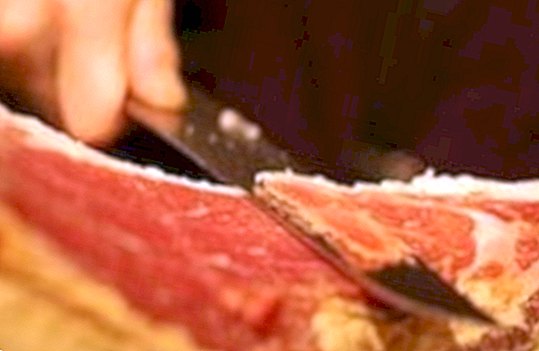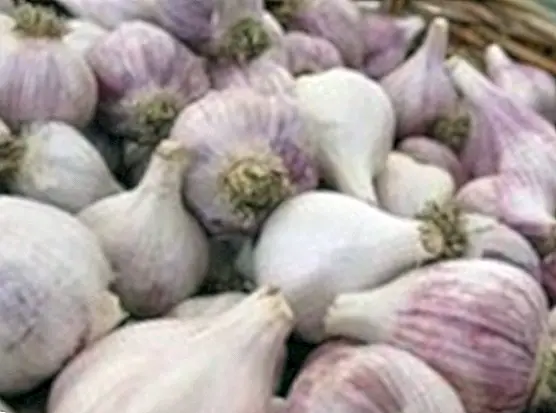Kombu seaweed: what it is, unique benefits and uses in the kitchen
The kombu or haidai It is an edible seaweed that has acquired a great prominence at present because to the rise of Japanese gastronomy. In fact, it should be noted that more than 90% of the crop of the kombu takes place in the Land of the Rising Sun, more specifically in the region of Hokkaido or also in some areas of the interior sea of Seto.
It would be necessary to go back to the year 797 to find the first vestiges referring to the kombu. At that time, it is estimated that It took completely raw through a drying process very specific that allowed to keep it for long days without any problem.

Already in the Edo period, the consumption of this seaweed became popular throughout Japan until now even other ways of cultivating it have been discovered that allow it to be much easier and cheaper to produce.
What are the benefits of kombu seaweed?
Now that you have known the origin and some curiosities of the kombu seaweed, next we will delve into its most important benefits with which you will be pleasantly surprised.
It contains a multitude of minerals such as iodine
One of the most relevant properties of the kombu is that it is a very rich algae in iodo, a mineral that offers a series of advantages for our health that must be taken into account if taken with some moderation. And among all of them, it should be noted that it is a component that accelerates our metabolism considerably.
For this reason, there are many people who decide to introduce them in their diets to lose weight or simply to take care of their line in a completely healthy and natural way.
It is very rich in alginic acid
This is undoubtedly other benefits that must be kept in mind when consuming kombu. And this seaweed is an inexhaustible source of what is known as alginic acid, a compound that, like fiber, acts as natural scrubber of all our stomach and it eliminates all the toxins that are concentrated in our intestine.
It is also the most beneficial for our intestinal flora and helps treat diarrhea, constipation and even hemorrhoids.

Helps treat osteoporosis
It should be noted that kombu is also very rich in calcium and magnesium. These two minerals turn out to be the most beneficial for strengthen our bones.
And in fact, its consumption is highly recommended to all those people who suffer from osteoporosis. It must also be taken by those women who are in an advanced stage of pregnancy since favors the development of the fetus.
It is very beneficial for the heart
Finally, we will emphasize that this seaweed contains a type of fiber called as fucano that prevents the formation of thrombi and blockages in the main veins and arteries that lead directly to the heart.
Therefore, we do not need to tell you that people who suffer from high cholesterol or who are simply prone to heart attacks should take kombu.
Some ideas for taking kombu in the kitchen
We will proceed to close this article to tell you about the different ways of taking kombu Y "Do not die trying" since the texture of this type of food is not at all pleasant for our palate. Especially if we take it completely raw.
- They can be taken in rich salads. It is possible to mix a little kombu with some slices of cucumber and some sesame seeds to which we will give the final touch with a little soy sauce.
- Completely fried. Although it is not a completely healthy option, it will serve to enhance its flavor and give them a much crispier texture.
- Cooked in stews and soups. Finally, you can make a rich soup of miso where one of the main ingredients will be this algae that you can accompany with a couple of pieces of tofu.

Properties of kombu, in short
Here we summarize some of the most important benefits and properties of kombu:
- It is a great cleanser of the organism, thanks to its content in algénico acid.
- Lower the blood sugar rate, as it is very beneficial to combat hypertension.
- It contains amino acids that act as stimulants of both the lymphatic system and the mucous membranes, and is able to strengthen the intestine, which facilitates the absorption of nutrients.
- Its consumption is highly recommended in cases of both obesity and weight deficiency, as it helps to recover body weight.



